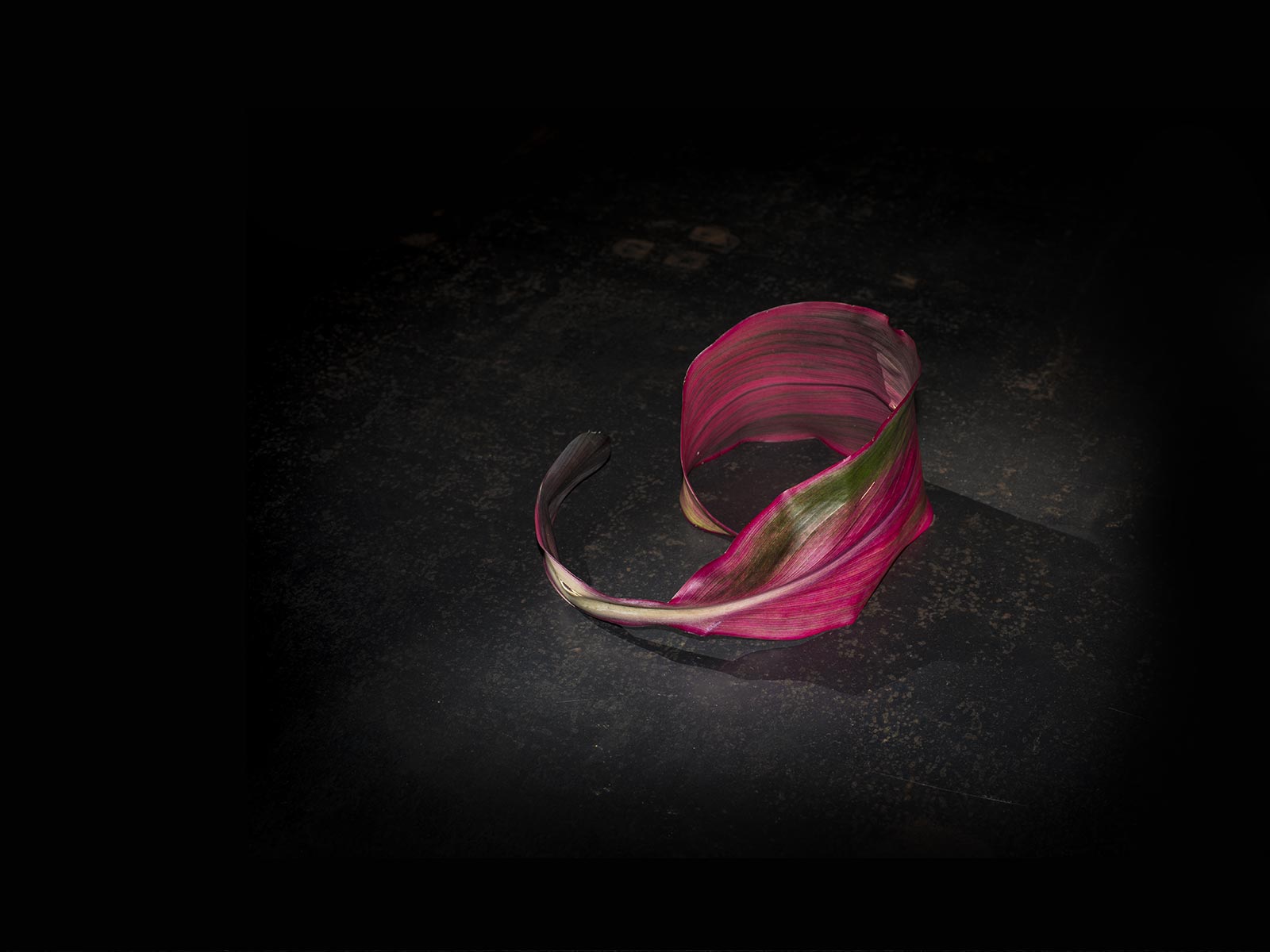

|
Festival 2015The 9th edition of the Ânûû-rû Âboro Film Festival from 16 to 24 October 2015 |
Editorials |
Paul Néaoutyine
Président de la Province Nord
When one refers to documentary cinema, the key word is cinema. Therein lies the difference between documentary film making and reporting: a documentary is a true work of art. As such, the productions that the ânûû-rû âboro film festival has selected for you not only document reality but also offer an inevitably subjective viewpoint on today’s world.
The audience in a cinema theatre can hardly be regarded as undefined, passive or submissive; it brings together unique and engaged thinking creatures, each of whom seeing a different film even when they all attend the same screening.
In an increasingly globalised world which tends to level consumers’ tastes - selling as much as possible has become essential - documentary cinema as proposed by ânûû-rû âboro invites each spectator to reflect rather than to consume.
This year, we take you on a journey to the Pacific region and the exploitation of its natural resources. The somehow disturbing environmental impact of mining and forestry industries, pollution, nuclear radiations on Moruroa, we should like to share all these important issues with you: they are proving to be crucial challenges for the Pacific, like everywhere around the planet.
In a way, directors, as artists, challenge us. We, politicians, probably need them as much as they need us, if not more.
René Boutin
Directeur artistique du festival Ânûû-rû Âboro
Who would have thought that our capacity to manage images could one day exceed our capacity to view things by ourselves? As we become overstretched, we now rely on images rather than on our own vision.
Cameras and smartphones are tools we use on a daily basis, even in the direst circumstances of life.
Films, supported by expanding opportunities of dissemination and instant viewing, are now regarded as the sole trustworthy testimonies of any key moment; they have become a familiar character aiming at substantiating reality.
The world is within the frame and there is no way out.
The digital generation has challenged audio-visual practices and outmoded television, dismissing and skipping it. The emphasis given to ethics and aesthetics is clearly too small for our media and television-dominated society to be sustainable.
People organise festivals for a variety of reasons; to a certain extent, our goal is to contribute to the reflection on democratisation of images, to keep abreast of all these issues, to refuse standards and break away from television features as oppose to those of art and cinema. We take pride in delivering a programme in a spirit of discovery, with a view not only to share the world bustle but also to promote documentaries covering news in a creative approach and to ensure aesthetics is not restricted to high-end specialists.
The Ânûû-rû Âboro Film Festival is a friendly place based on exchange, sharing and interaction. It is designed as an indispensable means to take the time and open up an interrogation and action field.
As the Pacific is turning into a gravity centre for issues impacting all areas of the globalised world, the ninth edition of the festival is a credit to our region; not to satisfy some kind of self-indulgence but because its people and their culture have a strong capacity to surprise us, to blur the lines and to trigger interesting upheavals in our conscience.
